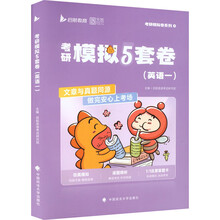Our list of deadly sins should be revised to include the misrepresentation of principles to gratifyone s personal spite or vanity, the betrayal of great causes by making them the cloak for personaladvancement, and the debasement of high ideals by using them as pretext for the calumniation ofhonorable men.
The common good should not be made a political football, for the only thing that binds men is acommon trust, the thing that unites them is a cause they share. That cause must be something grea-ter than mere personal advancement. The cause for which men live and fight cannot appeal to theirpocketbook alone, but must also appeal to their hearts.
Let us take a lesson from those revolutionaries who promise the poor people not only land but al-so a vision. It is true that their policies often contradict the promise they made, but they first wintheir way by proclaiming a vision which inspires people. We certainly will not inspire them if wemake our case on the ground that capitalistic planning is more efficient than socialistic planning. Theplanners are sometimes efficient enough in seeking their own gain at the expense of the commongood. No, we must seek stronger and higher ground if we are to convince even ourselves that ours isthe best way.
That is why it is to be regretted that in this country we are so satisfied with our heritage. We donot appreciate the strength and vitality of the thing that unites us. So we carry little conviction whenwe are challenged to defend our way of life.
Question 14. Which of the following topics most closely parallels the authors interests as statedin the passage?
Question 15. What does the author believe about people who criticize our government s poliies?
Question 16. According to the author, which of the following most strongly unites men?
Question 17. What is the author s primary purpose in the passage?
Questions 18 to 20 are based on the following talk. At the end of the talk, you will be given 15seconds to answer each question. Now listen to the talk
18.A.A red rose.
B. A heart-shaped card.
C. A love letter.
D. An anonymous message.
19. A. It was the day when Valentine was killed.
B. It was the day when Valentine sent a valentine to his lover.
C. It was the day when Valentine fell in love with the girl.
D. It was the day when Valentine first performed a secret marriage.
展开










